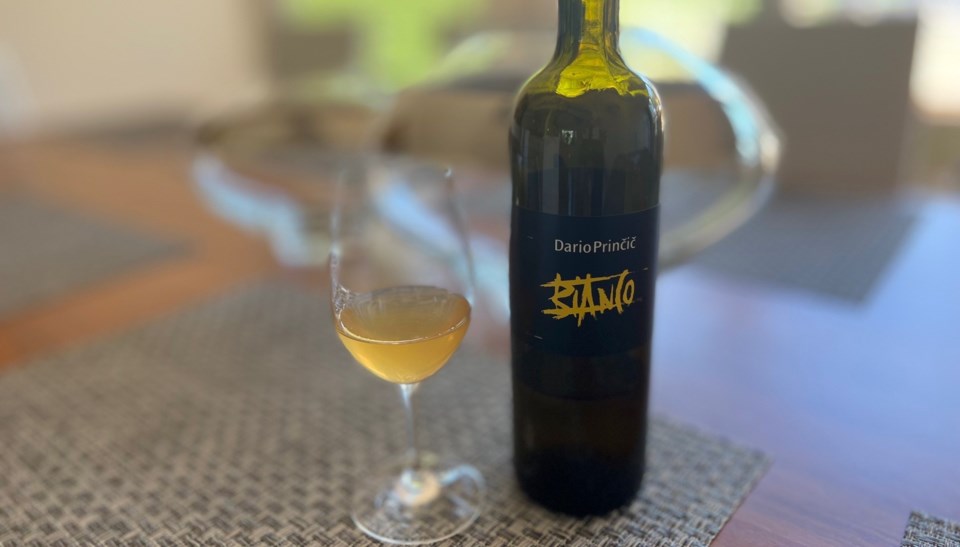Recently, people have asked me if I have heard of orange wines. Prior to the last few years, I had heard of red wines, white wines and rose wines but never orange wines.
What are orange wines? To go back a step, white wines are produced by fermenting white or green skinned grapes without their skins. Likewise, red wines are produced by fermenting dark coloured (black or red) grapes with their skins. The skin of the grapes gives the wine its red colour. Rose wines are produced in the same manner as red wines except the time the grape skins are left in the fermentation process is shortened. As such, rose wines are not as dark as red wines but not clear in colour either.
Orange wines are produced when white or green skinned grapes (normally used to produce white wines) is fermented with the skins. The skins will give some colour to the wine, which will sometimes be amber or orange. So that is how the term orange wines originated. They are also known as skin contact wines.
Although this is fairly new phenomenon in North America, orange or skin contact wines have been made for several thousand years in the country of Georgia. It is also produced in the Friuli Venezia Guilia region in Italy and in Slovenia. Now that orange wines have a broader appeal among consumers, it is produced in many other regions of the world.
In general, orange wines are made with very little human intervention and are considered natural wines. That is because no yeast or sulphites are added. The yeast used in the fermentation process comes from the grape skins themselves. The wines are generally not fined and filtered and often, they appear cloudy, which would normally be a flaw in other types of wines. This minimalist, natural approach adds to the appeal of orange wines to some consumers.
What do orange wines taste like? They do not taste like white wines made from the same grape varietals. In general, I find orange wines more savoury and less fruity or aromatic compared to white wines made with the same grape varietals. They may taste slightly oxidized, yeasty and have balsamic vinegar notes. You do need to keep an open mind when you first taste an orange wine as it will not taste other types of wine you normally drink.
Because there is skin contact, orange wines have unique characteristics that leads to interesting wine pairing combinations. Orange wines can pair well with salads, seafood as well as meat dishes. It is not a stretch to pair orange wines with beef dishes as orange wines have some tannins and savoury elements.
Will you like orange wines? Only way to find out is to try one! I had a wonderful experience at Nightingale Restaurant, where they introduced me a delicious bottle of Dario Princic Bianco. The Princic winery is located right near the Slovenia border and Dario has been experimenting with skin contact wines since 1999. He labelled his wine Bianco as he did not want to get caught up in the hype of orange wines but when you drink the wine, it is clearly orange in colour and made with the skin contact method. For more about orange wines and my review of the Dario Princic wine, click here.
Until next time, happy drinking!
Tony Kwan is the Richmond News' new columnist. Lawyer by day, food and wine lover by night, Kwan is an epicurean who writes about wine, food and enjoying all that life has to offer.



